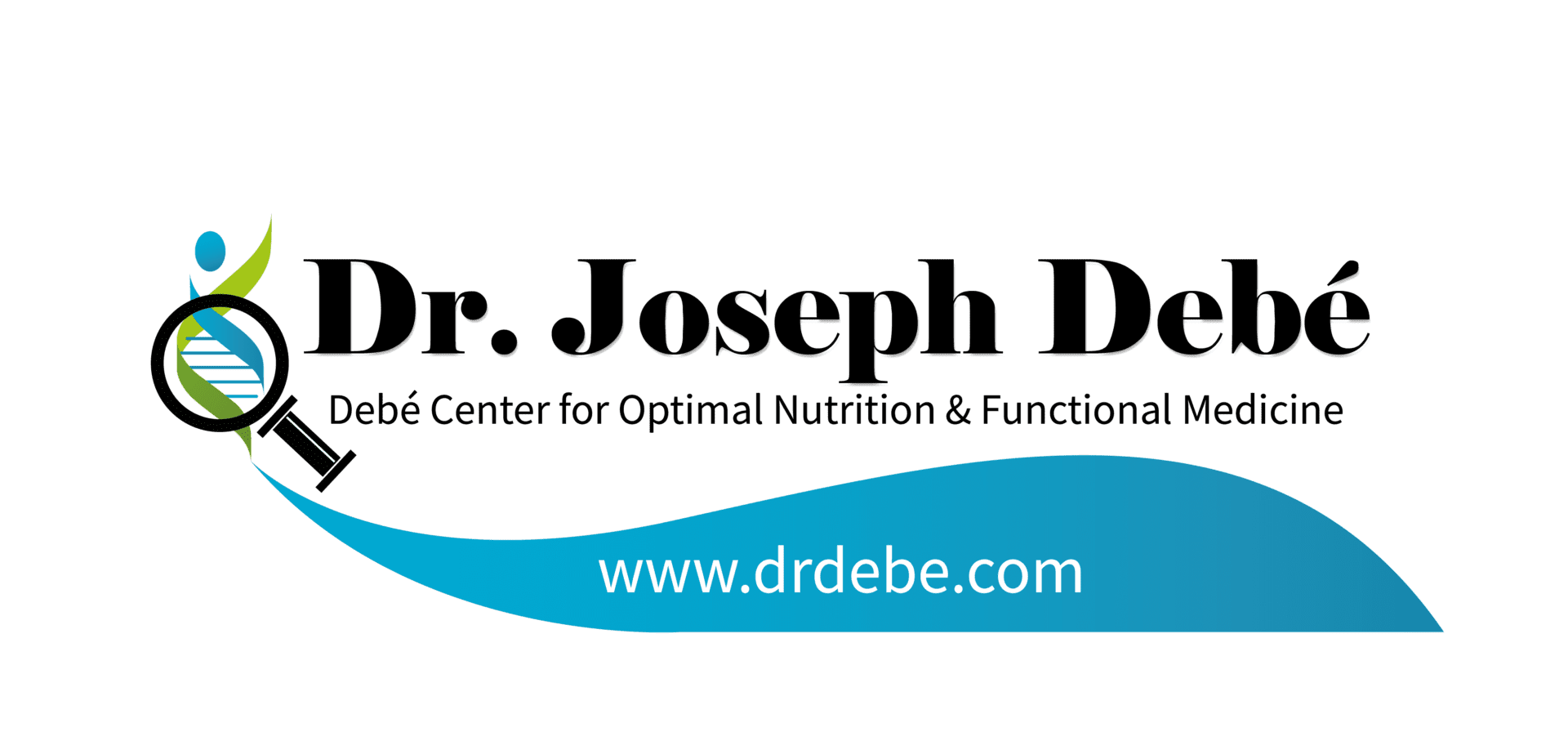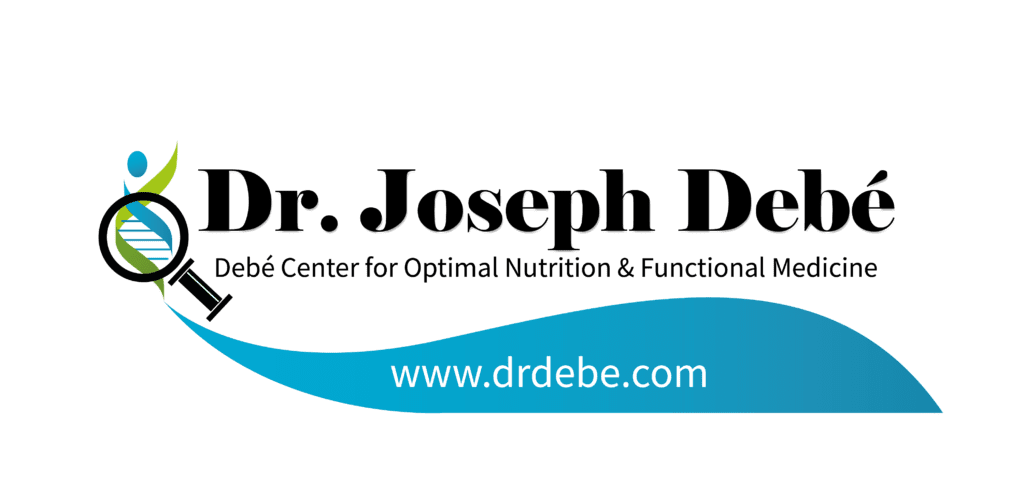by Dr. Joseph Debé
Four years ago I wrote an article entitled “Preventing Breast Cancer” that appeared in New Living. I have since learned additional facts I believe are important. Before I get into exotic supplements and special laboratory tests, I think the basics deserve emphasis. I believe breast cancer incidence can be reduced through maintaining healthy body composition and a lifestyle that incorporates regular exercise, stress reduction, and wholesome eating. Some of the characteristics of “wholesome eating” are pure water, organic and free-range food, and variety. The majority of the diet should be of plant origin. Some of the foods I recommend in particular are soy, kidney beans, cold-water fish (such as sardines, mackerel and salmon), blueberries, green tea, flax seeds, and cruciferous vegetables (broccoli, Brussels sprouts, cauliflower, and cabbage). Importantly, the diet should consist mostly of whole unrefined foods, the way nature provides them; eating whole wheat berries is better than eating wheat bread, which is better than eating pasta, which in turn is better than eating cookies. Whole unrefined foods have more nutrition (vitamins, minerals, enzymes, essential fatty acids, fiber, and phytonutrients) and less potentially toxic chemicals.
Diets rich in refined foods have many negative health effects. Chronic consumption of refined carbohydrates produces unfavorable hormonal changes in the body. Insulin is one of the most important hormones impacted by junk food diets and can, when altered, contribute to all kinds of ill health, premature aging, and degenerative diseases, including breast cancer. Insulin helps to transport sugar from the blood into the cells where it is burned for energy or stored. Whereas whole foods are digested slowly in the small intestine and result in slow absorption of sugars into the blood, refined carbohydrates are quickly broken down into sugars and rapidly absorbed into the bloodstream. The resulting spike in blood sugar levels leads to a greater secretion of insulin by the pancreas in order to transport the sugars into the cells. So, diets high in refined carbohydrates cause higher insulin levels.
Insulin is much more than a sugar-transporting hormone. It is a gene expression modifier. Many people do not realize that our genes do not rigidly dictate how our bodies function. Genes can be turned on or turned off by a variety of environmental factors including diet, nutritional supplements, medications, thoughts, exercise, toxins, electromagnetic radiations, and chemical-messaging molecules produced by different tissues in the body. What’s more, once the genes have done their job, the compounds produced can be altered by other modifiable biochemical processes. Importantly, even a woman with a mutated BRCA-1 gene can reduce her risk to breast cancer by modifying the internal environment the gene is exposed to. Now, back to insulin. Excessive levels of insulin contribute to breast cancer growth in many ways. Insulin decreases the liver’s production of insulin-like growth factor binding protein-1 (IGFBP-1) leading to increased IGF-1 activity. IGF-1 stimulates breast cancer growth. It also decreases the liver’s synthesis of sex hormone binding globulin (SHBG), which has the net effect of exposing breast cells to higher concentrations of estrogen, another tumor-promoting hormone. Insulin may contribute to breast cancer through other mechanisms including stimulation of protein tyrosine kinases and cortisol levels. High insulin levels impair mitochondrial oxidative phosphorylation (cellular combining of food and oxygen to produce energy) resulting in a cancer-favorable anaerobic and acidic intracellular environment and increased production of DNA-damaging free radicals. Insulin increases inflammatory processes, which also contribute to cancer growth and spread.
Insulin levels are most sensitively measured from blood several hours after eating a high-carbohydrate meal. High insulin levels can be reduced not only by limiting ingestion of refined carbohydrates, but also by eating frequent small meals containing a balance of protein, complex carbohydrate and fat. Omega 3 fatty acids (like those found in cold water fish) should be emphasized. Supplementing with many vitamins, minerals and nutraceuticals is important, as is exercise, attaining normal body composition, and reducing stress and caffeine use.
Conjugated linoleic acid (CLA) is a dietary fatty acid that improves insulin levels and is associated with a multitude of other health benefits. CLA demonstrates impressive breast-protective effects in test tube and animal studies. It stimulates the immune system, reduces inflammation, reduces breast cancer formation, inhibits breast cancer progression and growth, induces apoptosis (programmed cell death) in breast cancer cells, and inhibits breast cancer metastasis (spread to other parts of the body). Breast cancer patients have been found to have lower blood levels of CLA than healthy controls. CLA occurs naturally in beef and dairy fat (more so in grazing than grain-fed animals). CLA is available in supplemental form. Investigations in humans into other health effects of CLA (including weight loss) have found 3 grams per day to produce benefits. This is more than diets supply. I recommend Super CLA from Bio-Genesis Nutraceuticals, Inc. Super CLA contains the patented form used in many studies and has twice the potency of other brands I’ve seen, allowing for ingestion of half the number of capsules.
Other types of fatty acids are important, as well. Inadequate levels of DHA (found in cold-water fish and algae) in cell membranes results in over-stimulation of the estrogen receptor, which increases breast tumor growth. Excessive concentrations of saturated and trans fatty acids in the cell membranes cause them to be stiffer and alter their function. High membrane levels of these fatty acids result from eating a lot of animal products and refined foods like cookies, cakes, and crackers. Stiff cell membranes impair cellular nutrient absorption, toxin elimination, and cell-to-cell communication. Altered intercellular communication can, for example, interfere with transmission of growth-restraining messages, allowing for tumor proliferation. I assess cell membrane health with a quick and safe test that measures the body’s resistance and reactance to a weak electrical current. The value obtained is referred to as Phase Angle. Cancer patients have lower Phase Angles. Suboptimal Phase Angles indicate need for one or more of: essential fatty acids, antioxidants, vitamins, minerals, detoxification and natural anti-inflammatory therapies.
Curcumin is a powerful anti-inflammatory compound derived from the spice turmeric. It’s important to understand that inflammation stimulates cancer growth and metastasis; so, safe anti-inflammatory agents are potentially valuable. Test tube studies have found a combination of curcumin and genistein (derived from soy) to completely arrest breast cancer cell growth. There is a new combination herbal supplement that contains curcumin, green tea, D-Limonene and lycopene. It is called Cell Protect. The combination appears to be much more powerful than the individual components. Not only is curcumin anti-inflammatory, but also it is an antioxidant, inhibits enzymes that allow tumors to spread, inhibits angiogenesis (formation of new blood vessels necessary for tumor growth and spread), protects against xenoestrogens (environmental chemicals with estrogenic activity), induces apoptosis and more. Green tea is an antioxidant, inhibits angiogenesis, and stimulates estrogen elimination from the body. Green tea inhibits cancer in a multitude of other ways. Each capsule of Cell Protect contains the equivalent of five cups of green tea. D-Limonene is found in essential oils of different fruits and vegetables. It is being studied by the National Cancer Institute as a cancer treatment in humans. D-Limonene increases the activity of carcinogen detoxifying enzymes. It induces apoptosis and causes redifferentiation of tumor cells to more benign forms. In animal studies D-Limonene has been found to not only prevent breast cancer but to cause complete regression of more than 80% of existing breast tumors. Lycopene is an antioxidant that protects cell membranes and DNA against free radical damage. Additionally, lycopene improves intercellular communication and immune function. The lycopene in Cell Protect is an oil form and is more bioavailable than powdered supplements.
Two other important supplements for breast cancer prevention are Indole-3-carbinole (IC-3) and diindolylmethane (DIM). These compounds are derived from cruciferous vegetables. Actually, DIM is a metabolite of IC-3. At this point, I am not sure which is a better supplement. IC-3 is a very unstable compound so many products may be of questionable value. On the other hand, a patented form of DIM is stable and bioavailable. DIM enhances formation of beneficial versus toxic estrogen metabolites. Estrogen can be metabolized to 2-hdroxyestrogen, 4-hydroxyestrogen or 16-hydroxyestrogen. The 16-hydroxyestrogens increase oxidative stress, genetic damage, oncogene expression, cellular proliferation, and inhibit apoptosis; in other words, promote cancer. 16-hydroxyestrogens are formed more under the influence of inflammation, alcohol consumption, and xenoestrogen (e.g. pesticide) exposure. 4-hydroxyestrogens are converted to quinones, compounds that are very toxic to DNA. 4-hydroxyestrogens are increased by equine (horse) estrogens, as are found in estrogen replacement with Premarin. Curcumin, green tea and D-Limonene protect against toxic effects of 4-hydroxyestrogens. 2-hdroxyestrogens are weaker and safer metabolites. They are antioxidants and reduce estrogen receptor stimulation. 2-hdroxyestrogens also limit cell division and growth by slowing the cell cycle. 2-hdroxyestrogens are increased by supplementation with DIM. DIM has been shown to induce apoptosis in breast cancer cells and to prevent breast cancer in animals. Human studies have found DIM to increase levels of the protective 2-hdroxyestrogens by about 75% while decreasing levels of the cancer-causing 16-hydroxyestrogens by 50%. Flax seeds, soy, kudzu, and rosemary also have a beneficial effect on hydroxyestrogen metabolism. The ratio of 2 vs. 16-hydroxyestrogens is an indicator of breast cancer risk. A urine sample can be analyzed for levels of these estrogen metabolites. This test can determine one’s need for supplementation with DIM. I recommend any woman on estrogen replacement therapy to take both DIM and Cell Protect.
Vessel Care is another supplement that is important to prevent breast cancer in a number of women. It contains nutrients that optimize a biochemical process known as methylation. Methylation is an essential process in the safe metabolism, detoxication and elimination of hydroxyestrogens. Toxic metals, pesticides and other toxins, several hormones and medications can all weaken methylation reactions. When methylation malfunctions, tumors can result. Impaired methylation leads to DNA strand breaks, increased expression of oncogenes like BRCA-1, and mutation and subsequent malfunction of tumor suppressor genes. Many women appear to be lacking healthful levels of folic acid and other nutrients that support proper methylation. Women using oral contraceptives have lower levels of these vitamins. About 30% of Americans have a variant of a gene involved in folic acid metabolism, which results in tremendously increased need beyond that obtained from food. Vessel Care contains a form of folic acid that bypasses this enzymatic defect. Need for Vessel Care can be assessed with a blood test for homocysteine levels.

